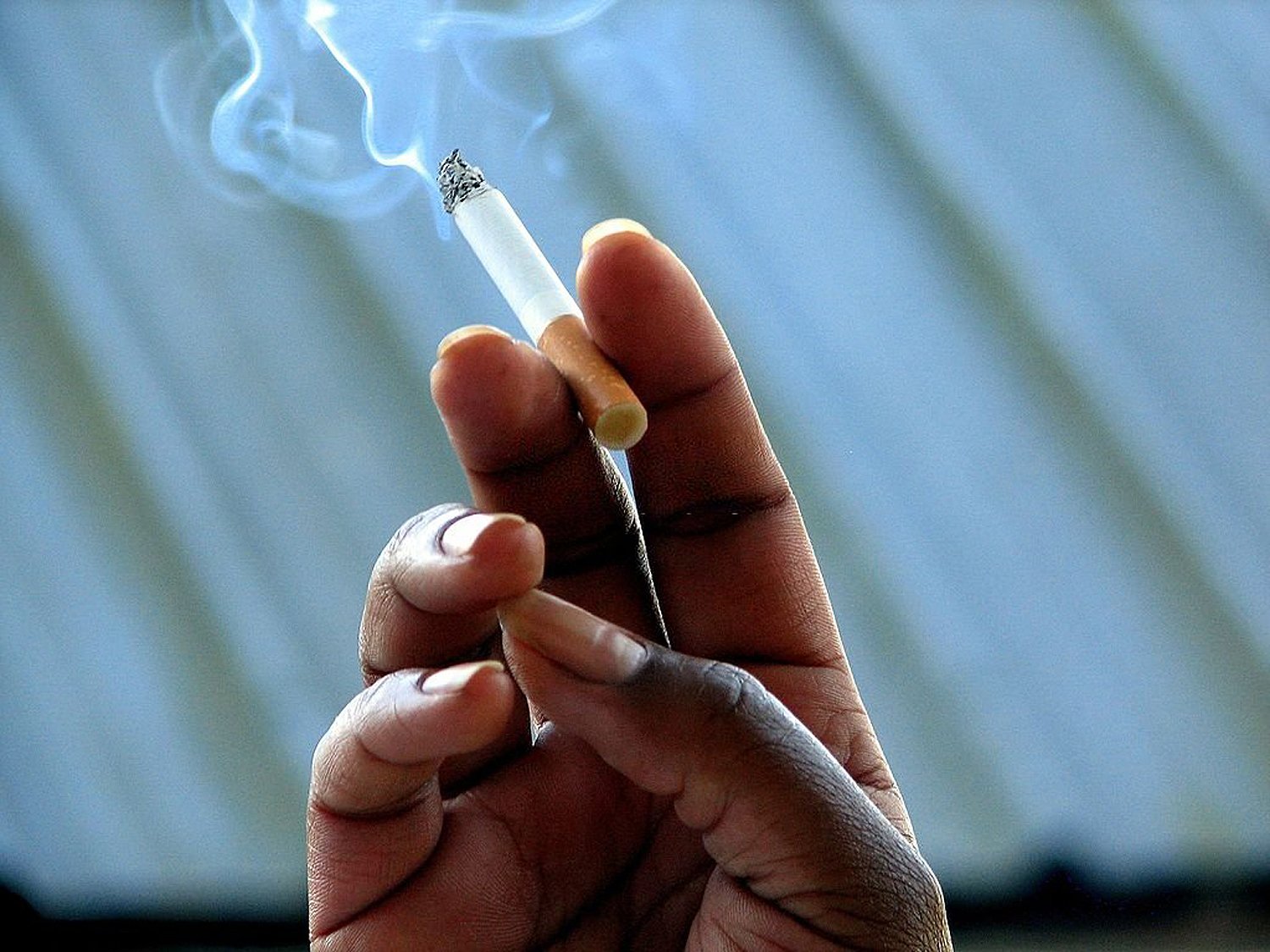Prime
Behaviours that can cause low sperm count and quality

Men who smoke have decreased sperm concentration, fewer normally shaped sperm, and increased sperm DNA damage. PHOTO | COURTESY
What you need to know:
- There are a wide variety of risk factors that could potentially influence sperm quality. These include lifestyle factors such as cigarette smoking, alcohol intake, use of illicit drugs, obesity, psychological stress, diet, and caffeine intake.
Infertility is a sensitive issue for both men and women.
In men, low sperm count and low sperm quality are the main indicators of infertility. These two can be affected by how you treat your body, the things you consume, and your day-to-day activities.
If you intend to keep producing quality sperms and have a high sperm count, you need to avoid the following:
Tobacco intake
The toxic chemicals inhaled through the lungs eventually find their way to the testicles and can reduce sperm count by almost 20 percent.
Other than the reduction in sperm count, the sperm produced is also of low quality, mobility, and morphology. Tobacco can also cause damage at the DNA level leading to unnaturally high levels of sperm cell apoptosis (death).
Due to the impact of tobacco at a genetic level, smoking can cause defects in the offspring.
Ingesting tobacco through other means has the same effect.
Studies have also revealed the presence of cannabinoid receptors on sperm cells. The receptors allow the cells to interact with cannabis which disrupts sperm production, quality, and function.
Except for long-term smokers, you can recover to optimum sperm production in a few years after abstaining from tobacco or marijuana.
Excessive alcohol intake
Heavy drinking is described as more than 15 drinks per week or more than five drinks in a night.
Heavy drinking affects the entire male reproductive system right from hormone production to sperm motility during fertilisation. Alcohol also interferes with the secretion of the main male sex hormone, testosterone, and minor ones such as FSH (made by your pituitary gland and plays an important role in sexual development and functioning), and luteinising hormones. On the other hand, it causes increased production of oestrogen, thus messing the natural balance between the hormone and testosterone.
Over time, the disruption in the normal hormone production process causes the production of few sperms of low quality. The impact of alcohol on sperm production is quite significant and may even be observed through the reduction of testes size.
Excessive intake of alcohol is usually caused by other factors including dependency and addiction. As you work to reverse the damage of alcohol on your fertility, you first need to address the issue of alcoholism.
Too much coffee
Labaratory studies on the effect of coffee on sperm quality found that coffee increases sperm motility, without any negative effect on the quality or quantity of sperm produced. The sperms were also active for much longer than in control setups. This is a positive result and shows coffee is a good substance for male fertility.
However, other studies have produced results that show drinking coffee frequently may have a negative effect on male fertility. This has mainly been observed in men who take more than five cups of coffee in a day.
One of the most widely accepted explanations for the discrepancy is that the negative effects of drinking coffee may be due to sugar. In the lab set-up, the coffee did not have sugar. If you take five cups of coffee in a day (with sugar), that could easily add up to more than 10 teaspoonfuls of sugar.
If you are a fan of coffee and worried about your fertility, you may want to limit the quantity you drink and the sugar you add.
Too much heat on genital area
Something as negligible as your choice of underwear can affect sperm count and concentration. People who wear tight cotton underwear regularly have been observed to have a lower sperm count than those who wear more loose boxers.
For a healthy person, the decline is negligible and may not lead to infertility. But if you already have a low sperm count, this could be the difference between being able to sire children and shooting blanks.
Any other activity that exposes your groin to extra heat has the same adverse effect. Holding your laptop on the laps is probably the most common culprit among modern men.
Sedentary lifestyle
A sedentary lifestyle can easily lead to obesity and overweight. Obesity has been linked to various illnesses including diabetes and hypertension. And now it is also linked to a low sperm count as men whose weight was higher-than-healthy were observed to produce lower sperm count and sometimes none at all.
Conversely, a healthy lifestyle and diet have been shown to improve not only the quantity but also the quality of sperms.
Aging and male infertility
While not exactly a lifestyle factor you can change, aging’s effect on male fertility is a fact of life. Women are not the only ones who have a biological clock when it comes to reproduction. The relationship between male age and fertility is called andropause.
Male sperm production drops by about 11 percent each year after age 40. Older men wishing to become fathers should not overlook the effects of aging on their fertility. Remember:
● Aging causes a decline in sperm quantity and quality.
● It lowers testosterone levels.
● Around age 40, men are more likely to produce sperm with abnormal chromosomes, which can inhibit conception.




